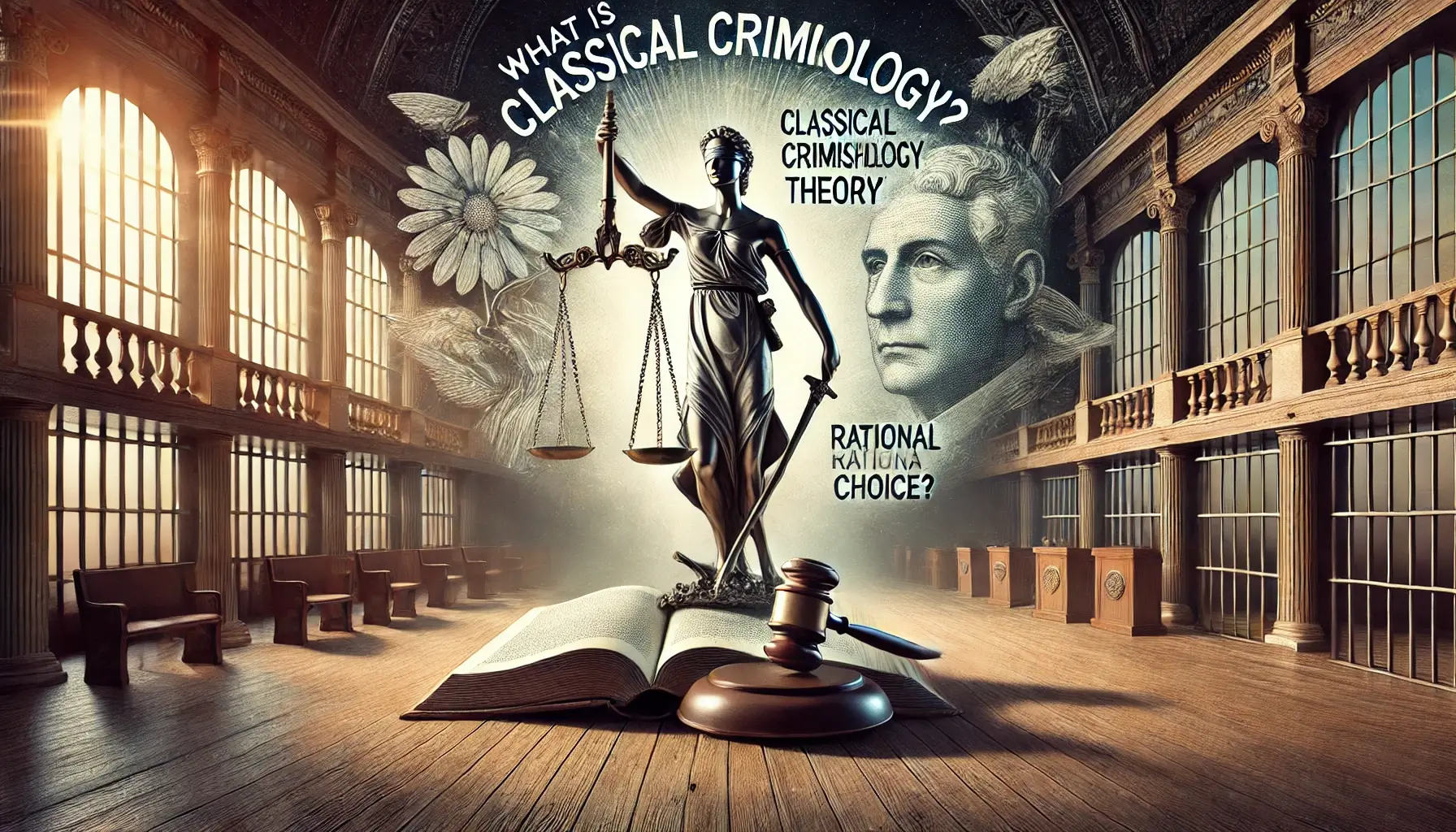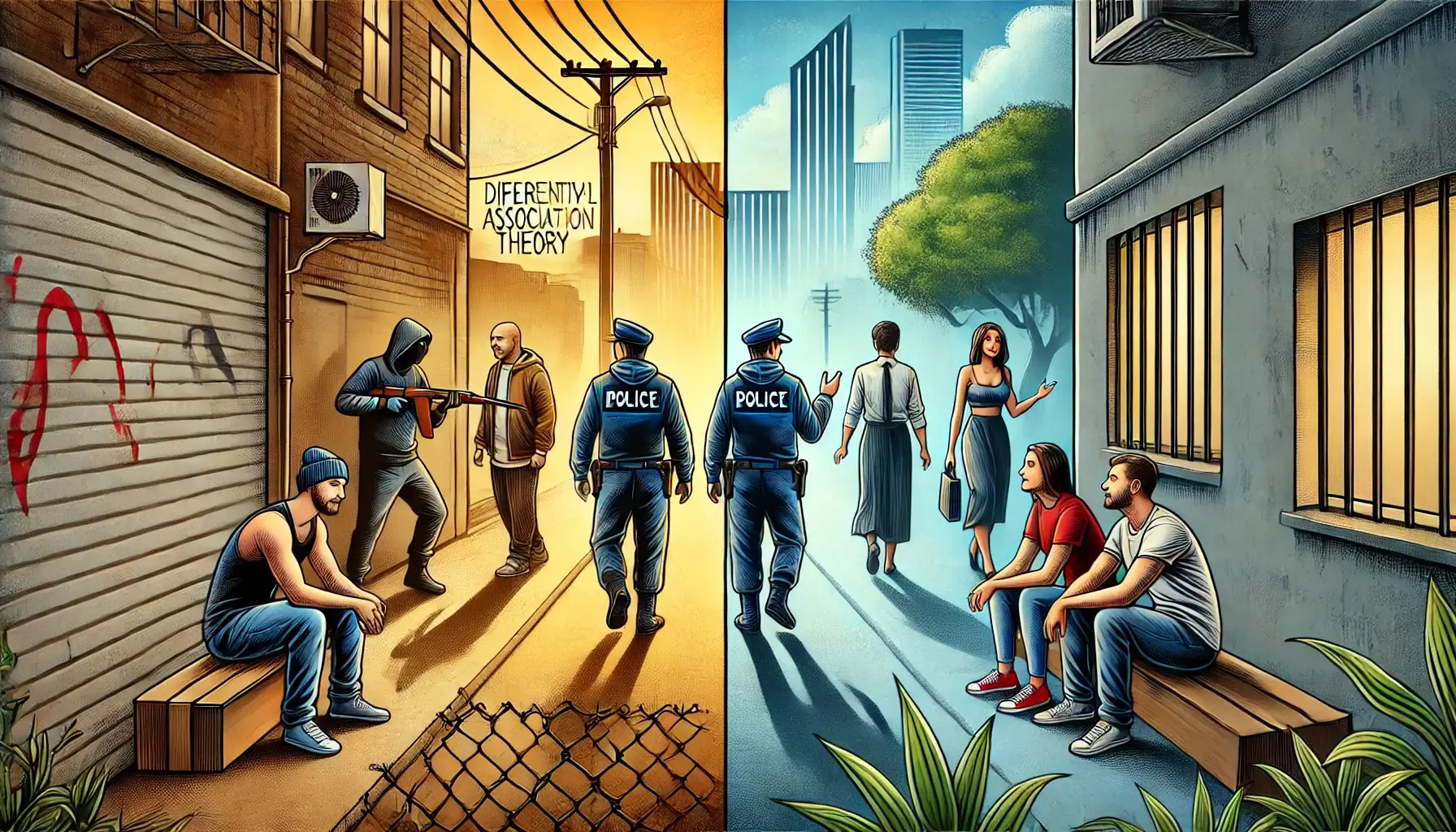What Is Classical Criminology Theory?
Introduction to Classical Criminology Theory Classical criminology theory is a framework in criminology that emerged in the 18th century as a response to arbitrary and harsh criminal justice systems. It is based on the principles of free will, rational choice, and deterrence. This theory emphasizes that individuals commit crimes as a result of rational decision-making, … Read more


